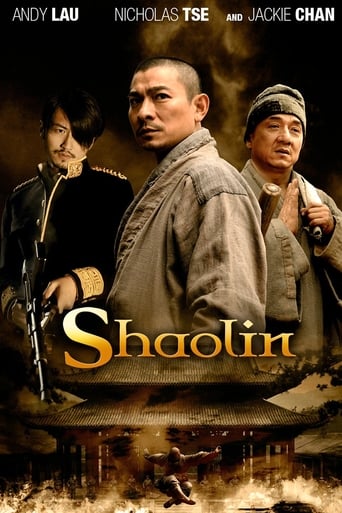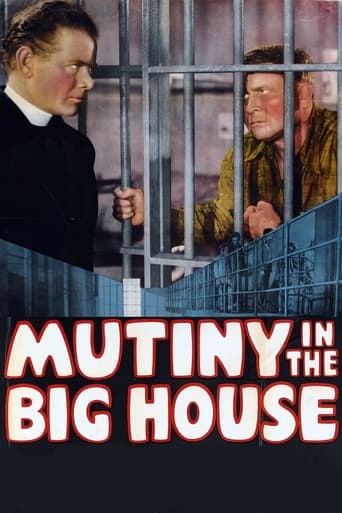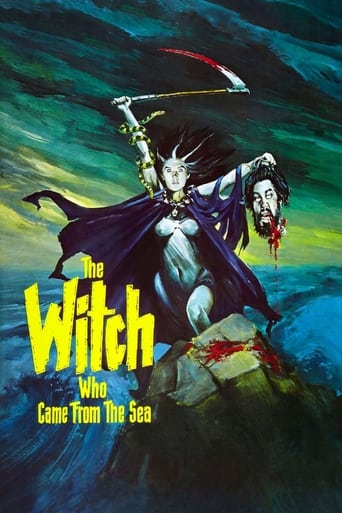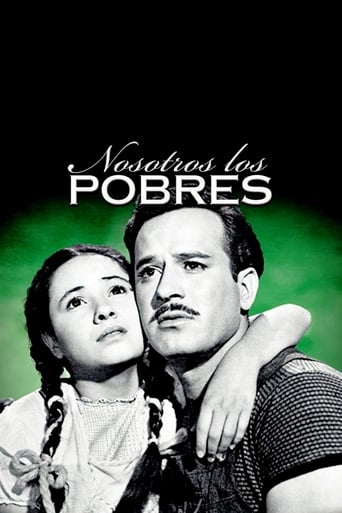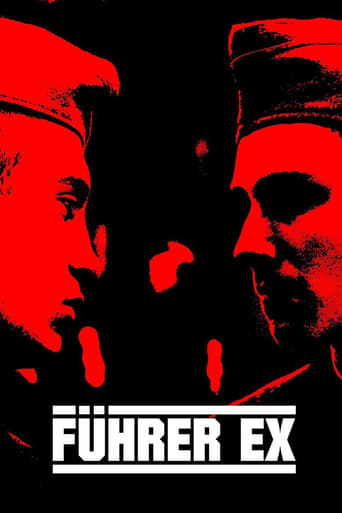
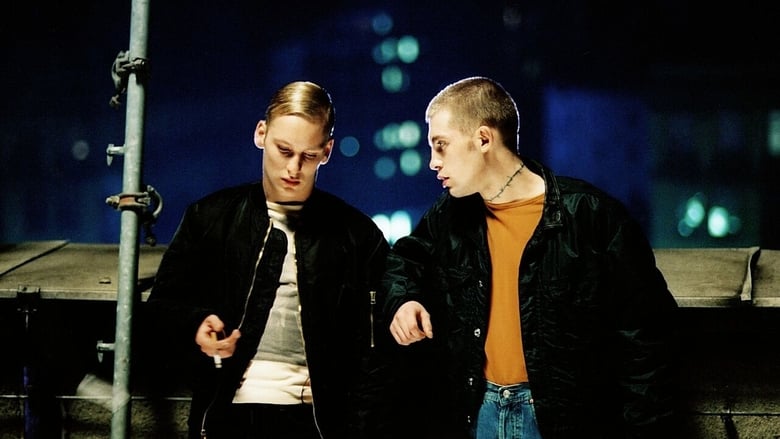
Führer Ex (2002)
Ingo Hasselbach, whose parents were Communist Party members in East Germany during his childhood, has lived at both ends of the political seesaw. The question of how people reach a change of heart is a profound one; Hasselbach describes the external forces that led to his founding Germany's first neo-Nazi political party and the internal ones that led him away from it five years later.
Watch Trailer
Cast


Similar titles
Reviews
This is a well acted BUT not convincing tale of two late teen lads in East Berlin in 1986,there eventual arrest for trying to escape to the west,there time in prison and how they change, & the eventual tragic ending after the wall comes down in 1989.This should have been a much better movie, but sorry to say it is not.I for one have seen many (maybe too many) prison films with troubled youths in them. A few years back we had American HISTORY X which was far superior on every count. HBO had a 5 year program called OZ, where we had nearly the same type of story & people. It too was far superior. Even going much further back there haver been similar type storiesAnother problem I had was the editing,some changes in scenes were not very clear,maybe it was because we did not know who the various people were.The subtitles are clear & easy to read,ratings: **1/2 (out of 4) 69 points (out of 100) IMDb 6 (out of 10)
The story of the rise and redemption of a neo Nazi leader in Germany, this movie lacks the emotional depth when compared to American History X.We first see the two characters of Heike and Tommy as miscreants in the waning days of Communist East Germany. Typical of many youths of the era they know that the state ideology rings hollow, and spend their days committing minor acts of vandalism and drinking beer.A minor run in with the law lands Tommy in prison, and upon his return the two hatch a scheme to escape to the west. The plot fails, and they end up in the slammer.The first part of the movie was pretty good. We see Heiko as a rather naive and well meaning kid, albeit one without much of a backbone. His mother has a rather distant relationship with him, and we see a rather interesting rotation of her male visitors throughout the movie. Unfortunately the film does not really touch upon his feelings on that matter much. Heiko hooks up with a rather wild girl, whose impulsive behavior causes some problems, but he seems to be rather quick to move past the situation.The character of Tommy is much stronger than that of Heiko. We see he's the more daring of the two, but at the same time has much more strength to his personality than Heiko. Tommy is bad because he wants to be, whereas Heiko is just along for the ride.Their stay in prison opens the second act of the movie, and here is where the movie hits its peak, and quickly deflates. Prison in East Germany is no different than anywhere else, with the usual plot elements. Heike ends up joining the Nazis for protection, while Tommy manages to escape to the west.And here is where the movie completely falls apart.We cut to Tommy returning to East Berlin after the fall of the wall, where he encounters Heiko leading a Nazi rally. Tommy rejoins the movement, and he is somewhat bothered at Heiko's attacks against the Turks and other enemies. There is a death, and the disenchanted Tommy abandons the movement. Heiko is sent out to remove the traitor, and the movie reaches its somewhat predictable finale.The movie has Acts I, II, and IV, but act III is missing. We have the set up of the story in the first part, the experience of Tommy and Heiko in prison, and then cuts to them reuniting outside of prison. I wanted to see Act III, what happens to Heiko after Tommy escapes, how his indoctrination into the Nazi philosophy takes place, his release from prison, his adjustment to the new Germany, his relationship with his girlfriend and mother as this goes on, etc.Instead we practically cut from Heiko walking funny in prison to Heiko torching a kebab stand. Before and after works well for diet commercials, but not movies of this sort. The whole point is the process of transformation, and for some reason the director chose to omit this. In American History X this is accomplished through the prison narrative from Derek to Danny. We miss that part here.That being said, there are a few reasons to see this film. The character of Tommy is well played, Aaron Hildebrand bearing a striking resemblance to Freddie Prinze Jr, which makes it kind of fun to watch. The setting is pretty interesting as well, a time and place gone by. But overall this movie is missing that certain something to make it rise above mediocrity. To non-German audiences this might be worth while to watch for the sheer novelty value, but if you're looking for some emotional depth to a film, American History X is much better in that department.
Führer Ex is a challenging, harsh, and intensely involving tale of the course of friendship of two young lads living in the 'prison' of Communist East Germany in 1986. Based on fact (Ingo Hasselbach's book 'Die Abrechnng' adapted for the screen by Douglas Graham and director Winfried Bonengel), this story relates the changes that occur in the close friendship of two boys torn by the confinement of the East German Communists vs the Western freedom of West Germany and the countries not under Communist control. It informs us about that transition with the fall of the Berlin wall and the subsequent adjustment to the new form of life East Germans found beyond the crumbled wall.Heiko (Christian Blümel) is fair-haired, virginal, nice guy who longs for adventure (and more) with his idolized friend Tommy (Aaron Hildebrand), an edgy guy unafraid to get into a bit of trouble (Tommy is arrested for a minor crime and is released from jail shaved and tattooed). The two dream of escaping their rigid lives and fleeing to Australia. Tommy talks Heiko into running the risk of actual escape and together they break through the wires and walls that confine them but are apprehended in their attempt and sentenced to prison in a cruel Communist prison where they are separated, Tommy joining a 'neo-nazi' group and Heiko falling under the 'protection' of a fellow prisoner who eventually rapes him. The two finally are able to talk and plan a mutual escape, hopefully placing themselves in boxes to be transported to freedom. Tommy succeeds; Heiko doesn't and remains in prison.Flash forward to 1989 and the Berlin wall is down. Tommy is living a comfortable life in the new Berlin and encounters Heiko in a true Neo-Nazi meeting that Heiko is leading. The tables have turned - Heiko is the miscreant and Tommy is the good guy. Convinced that Tommy is a traitor to the ideals of Heiko's political interests, Heiko surfaces all of the hate that brewed in prison and is focused on unjust governments. An event occurs that alters their friendship and Heiko is forced to see that varying political climes and convictions pale in the value of treasured friends.The film is well paced and the acting is excellent. There are gaps in the script storyline that result in some confusion for the viewer, but the overall impact of the 'biopic' nature of the movie is powerful and deserves attention. It is particularly fitting that this film comes out of Germany, as though it may be a purging of sorts over the initial division of East vs West Berlin. And forgetting about the political aspects of the story, this is a powerful document on the importance of commitment to long-term friends. Recommended. Grady Harp
***SPOILERS*** ***SPOILERS*** Führer Ex is an impressive work about the rise of Neonazism in Eastern Germany and a precise portrait of a society where this could happen. Its a possible eye-opener especially for a younger audience, realisticly depicting violence in prison and by neonazi-groups against leftist "Rats" and foreigners. It strongly draws its realism from the real life of co-writer Ingo Hasselbach, who in the early 90s was head of an notorious Neonazi-faction that spread fear and violence in parts of East-Berlin. Later and with the help of director Winfried Bonengel he found his way out and cofounded the EXIT-program for former extremists.Mainly focusing on the friendship of two buddys Heiko and Tommy growing up in East-Berlin in the late 1980s, it shows two punkish rebels with dreams about going to capitalist Australia, "because there you are completely free and can do what you like". Maybe this illusion just comes from seeing all the same faces everywhere, or going to the same bar everynight. At first it's just minor offences like peeing on the "official" GDR-newspaper, then burning the flag, in the end they try to flee and climb over the wall. But they are caught and put into prison. This is where the film finds its center: Faschist gangs and Skinheads are ruling the prisons in East-Germany even under Communist rule. The regime breeds its enemies while it officially preaches its anti-faschist stance regularly as being the fundation and reason for the state. But in prison being nazi is the most extreme way to protest against the ruling ideology of socialist brotherhood.The two buddies at first choose different ways to survive the brutality in prison: Tommy finds refuge by joining the right-wing group on the block while Heiko tries to walk alone - until he is raped in the bathroom by another inmate. He than joins hands with Faschist-leader Friedhelm who feeds his followers with old-time Nazi-ideology. Tommy is able to flee to the West. But when he returns to Berlin a couple of months later after the fall of the wall he finds his friend hardend and as being the leader of the pack, holding speaches, wearing brown uniform-shirts and setting fire to a food-stall because the owner is Turkish. After the death of young girl in a street fight, Tommy turns away from the faschist-group. And a dramatical final even Heiko finds a way out.Its a raw and energetic direct movie with minor weaknesses in character-drawing and when it comes to finding a deeper explanation for the turnaround of the two buddies. Nevertheless its a movie that was highly necessary. The message to East-Germany might still be a shock for some people: That faschism and neonazism, racism and intolerance is not an import from the West but was lingering in the underground of their own GDR. P.S. String-parts of the soundtrack are often highly irritating.





